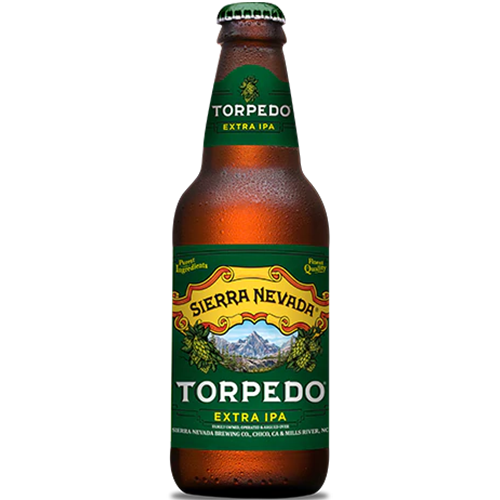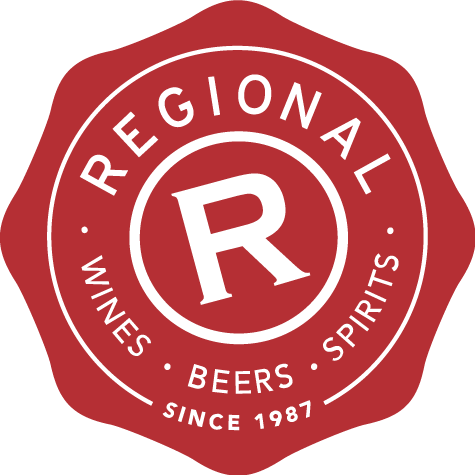
Sierra Nevada Torpedo Extra IPA and innovation in beer
Ken Grossman, owner of Sierra Nevada, really is one of the pioneers of the US craft scene with a brewing history that begins way back in the 1960s. The first few Sierra Nevada releases back in the early 80s were a hop-forward pale ale, a fresh hop IPA and a malt and hop heavy barley wine - so it’s fair to say that the brewers here have helped shape the evolution of style and know a thing or two about hops.
What the clever hop-heads (or should that be cone heads?) at Sierra Nevada spotted was a problem associated with dry hopping, and the Hop Torpedo was their answer.
Dry hopping entails adding hops late in the brewing process, at the cold end of the brew if you like, and gives the essential oils from the hops (which deliver most of the aroma) a fighting chance at remaining in the brew.
One method of doing this, especially for full cones, involves large nylon teabag-like sacks filled with the hops. However, it’s not uncommon for these sacks to come out of the brew dry in the middle, despite a long steep. This means that heaps of hops have simply gone to waste.
Enter the Hop Torpedo - a large percolator column, jam packed with hops!
The beer is pumped out of the fermentation tank through the torpedo and then back into tank and adjustment of speed and temperature allows a degree of control over the level of hop extraction. The hop torpedo means that Sierra Nevada has more control over the hop influence in their beer and with much greater efficiency. As a result, most of their beers are dry hopped, which is an important factor in the brewery style.
I’m going to fire the Sierra Nevada Torpedo Extra IPA down my gullet and see what gives…
Pours a rich amber colour with a cream head. The nose is certainly hoppy but with a spectrum of herbal notes; pine, liquorice and dried tobacco that combine with some subtle citrus and caramel malt notes. The palate is beautifully juicy with a lovely assertive bitterness and superb malt ballast.
A great IPA, it has to be said, with the hops seemingly offering deeper herbal notes than otherwise and being prominently bitter on the palate.
The human race has been making beer for centuries in essentially the same way and, well, if it ain't broke, don’t fix it I guess. Modern beer innovation has really come in the form of a rapid expansion in styles but not necessarily with any great advancement in technological application. Fermentation is a law unto itself, but in this day and age, there are many ways to extract sugars to ferment and congeners to flavour.
With our desire to constantly push the boundaries and keep on evolving, does the future of the craft scene lie in new and outlandish technological application to push the development of styles? it's possible... and there’s every chance we’ll see some truly radical brewing in the not too distant future.
